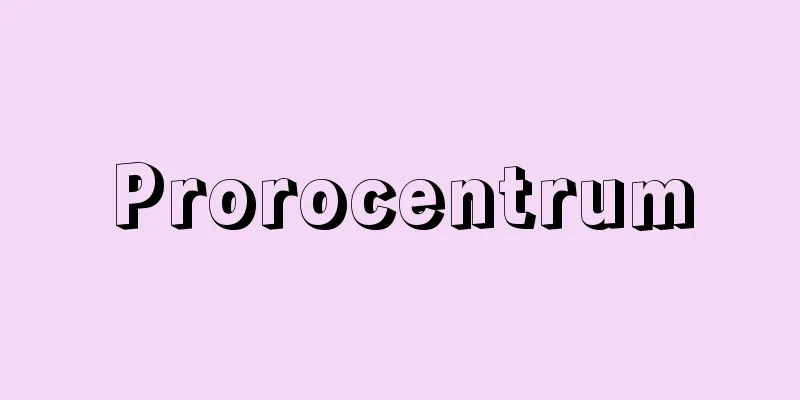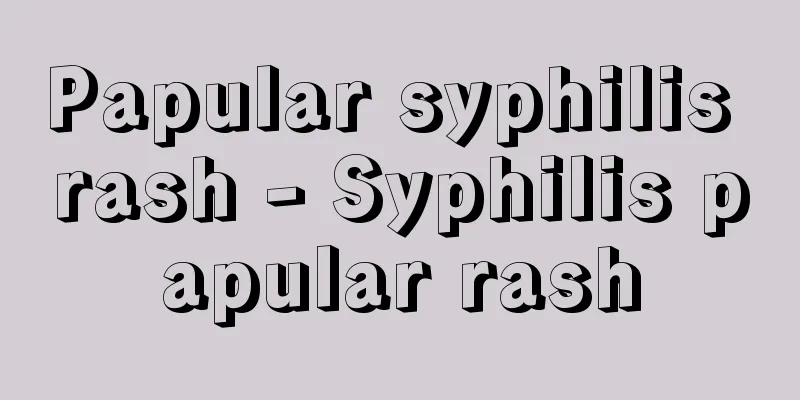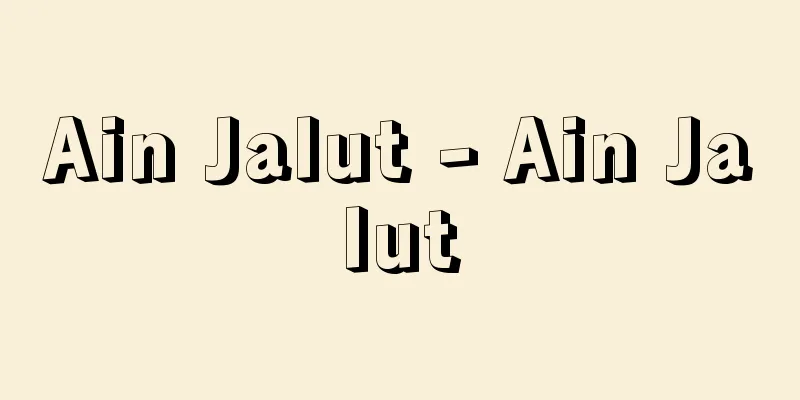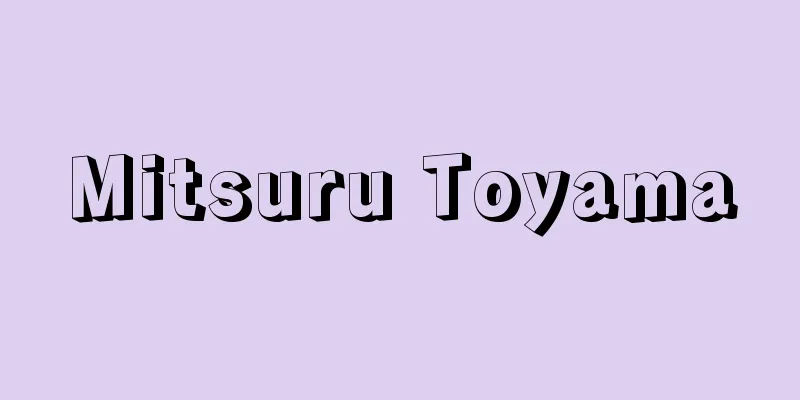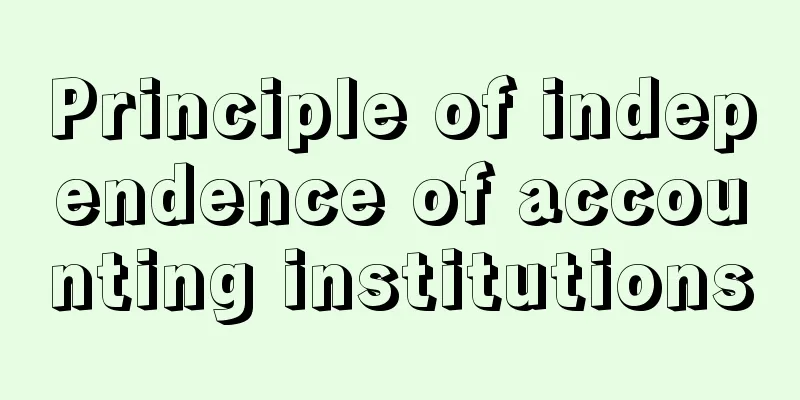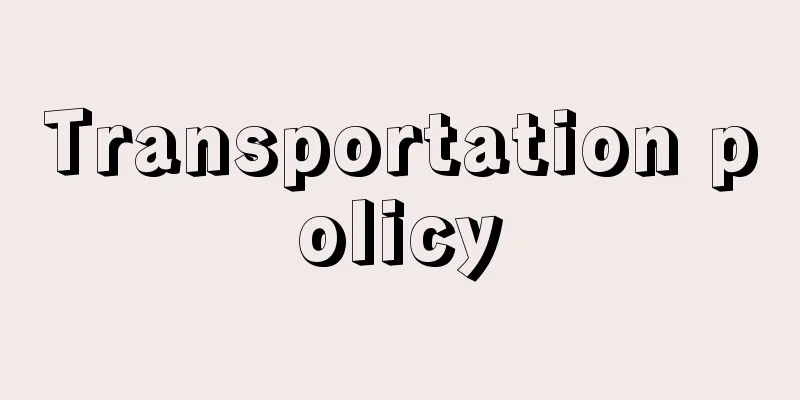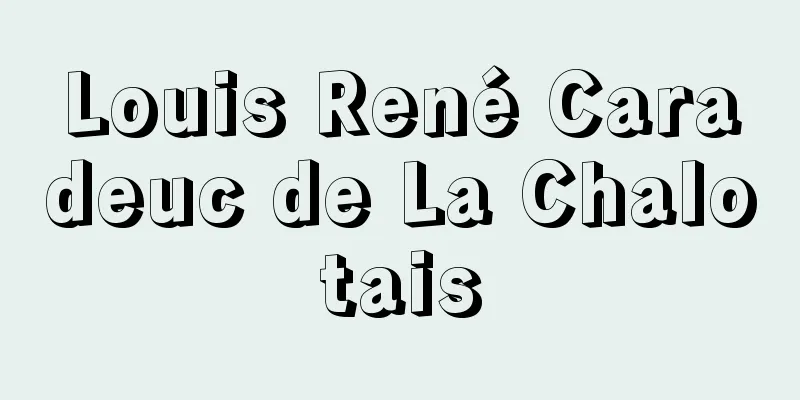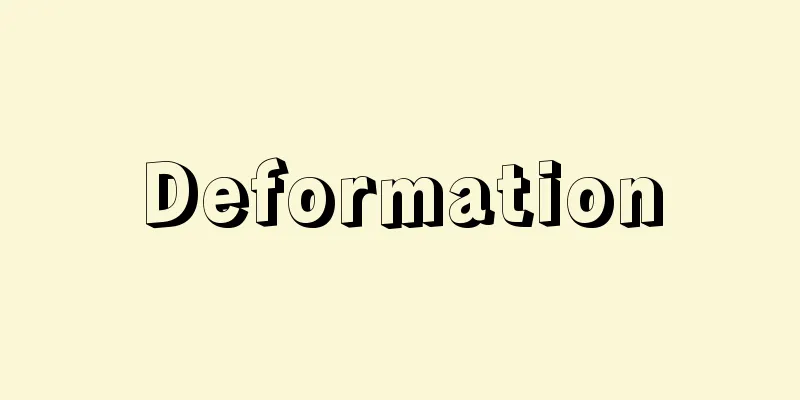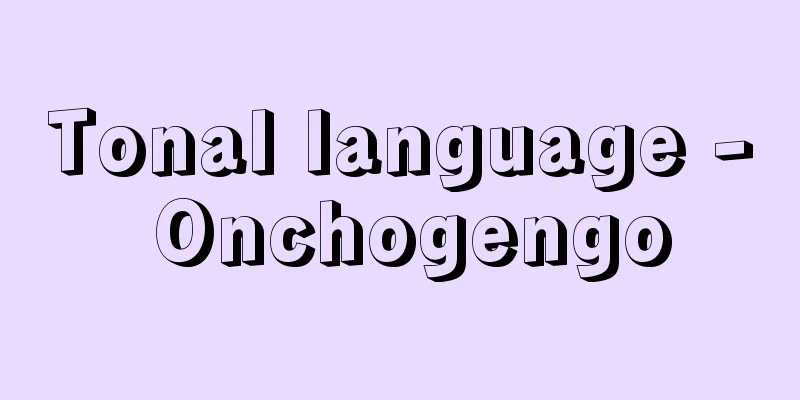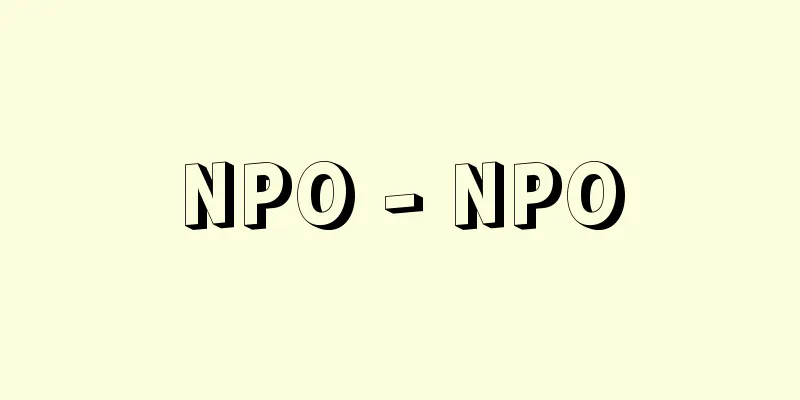Rules of Court - Saibansho Kisoku
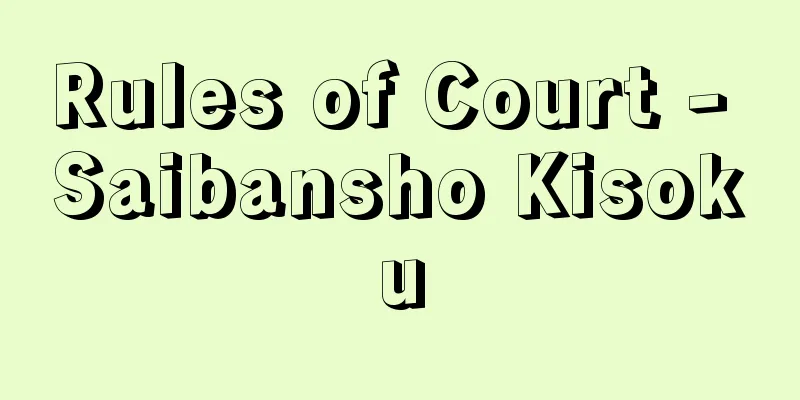
|
They are also called Supreme Court Rules. They are a form of legislation, and while laws are enacted by the Diet and government ordinances by the Cabinet, the Supreme Court is responsible for enacting court rules (Article 77 of the Constitution). Major examples include the Civil Procedure Rules, Criminal Procedure Rules, and Domestic Relations Trial Rules. Lower courts may also enact rules upon delegation from the Supreme Court. Under the Meiji Constitution, courts were not granted this right to enact rules, and were disciplined by the Minister of Justice, who was part of the administrative power. Source: Heibonsha World Encyclopedia, 2nd Edition Information |
|
最高裁判所規則ともいわれる。法令の一形式であり,法律が国会により,政令が内閣によって制定されるのに対し,裁判所規則を制定する主体は最高裁判所である(憲法77条)。おもな例としては,民事訴訟規則,刑事訴訟規則,家事審判規則等がある。下級裁判所も最高裁から委任を受けて規則を制定することがある。明治憲法の下では裁判所にこのような規則制定権が認められていず,行政権に属する司法大臣の定めるところにより規律されていた。
出典 株式会社平凡社世界大百科事典 第2版について 情報 |
>>: Court summary - Saibanshosho
Recommend
Jointed appendage
This refers to the appendages divided into segment...
"Plum Willows and the Evening Moon" - Umeyanagi Nakayoizuki
...Kiyoyoshi and his wife, pursued by the authori...
Ocampo, Silvina
Born: 1903. Buenos Aires [Died] 1993/1994. Buenos ...
Iruba - Iruba
...On the other hand, economists such as Nitti ar...
Buna N (English spelling)
…It is a type of special rubber with excellent oi...
Pierre Puvis de Chavannes
1824‐98 French painter. Born into a wealthy family...
Calamagrostis
…A perennial grass of the grass family (illustrat...
Katyn
...An incident in which a large number of Polish ...
Golden Jubilee
…Jubilee means a trumpet made from a horn in Hebr...
Flower Origami
A critical book of sharebon. Also called Gesaku Hy...
Mariner
...NASA's planetary exploration program to se...
"Izumi's tax book" - Izumi's tax book
…Gyoki was born in Iehara, Otori County, and was ...
Drug addiction
What is the disease? As shown in Table 7, drugs t...
Georgios I (English spelling)
…In 1861, the antagonism between the Roman Cathol...
Jade Chapter - Gyokuhen
A Chinese dictionary. Compiled by Gu Ye Wang (519...
